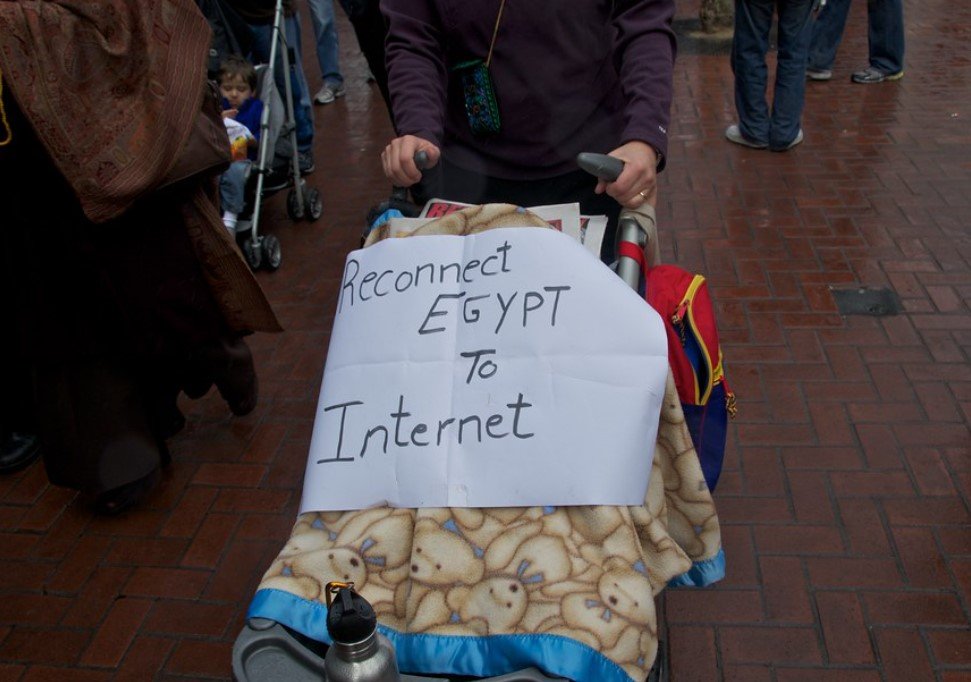In a recent development, Qatar has expressed its full solidarity with Egypt following controversial remarks made by Israeli Prime Minister Benjamin Netanyahu. The comments, which were perceived as problematic and inflammatory, have sparked outrage across the region. Qatar’s stance highlights the growing regional unity in response to Netanyahu’s statements, which have been criticized for attempting to shift blame and distract from ongoing mediation efforts.

Regional Outrage and Solidarity
Netanyahu’s remarks have not only angered Egypt but have also drawn strong reactions from other regional players. Qatar’s foreign ministry issued a statement condemning the Israeli Prime Minister’s comments, emphasizing that such statements are detrimental to peace efforts. The ministry highlighted that Netanyahu’s attempt to use Egypt’s name to deflect criticism and obstruct mediation efforts is unacceptable.
The solidarity expressed by Qatar underscores the importance of regional unity in addressing such inflammatory rhetoric. By standing with Egypt, Qatar is sending a clear message that the region will not tolerate attempts to undermine peace and stability. This collective stance is crucial in maintaining pressure on Israel to adhere to international norms and respect the sovereignty of neighboring countries.
The reaction from Qatar is part of a broader trend of regional countries rallying together in the face of external provocations. This unity is essential in presenting a united front against actions that threaten regional peace and security. It also highlights the role of diplomatic solidarity in countering divisive narratives and promoting a more stable Middle East.
The Impact on Mediation Efforts
Netanyahu’s remarks have significant implications for ongoing mediation efforts in the region. Qatar, along with Egypt and the United States, has been actively involved in facilitating dialogue and negotiations aimed at achieving a ceasefire and addressing humanitarian concerns in Gaza. The Israeli Prime Minister’s comments have been seen as an attempt to derail these efforts and shift the focus away from Israel’s actions.
Qatar’s condemnation of Netanyahu’s statements reflects its commitment to the mediation process. The foreign ministry’s statement emphasized the need for the international community to strengthen efforts to hold Israel accountable for its actions. This includes ending the blockade on Gaza and ensuring the protection of Palestinian rights.
The solidarity between Qatar and Egypt is crucial in maintaining the momentum of mediation efforts. By standing together, these countries can exert greater pressure on Israel to engage in meaningful negotiations and work towards a sustainable resolution to the conflict. This unity also sends a strong signal to the international community about the importance of supporting regional peace initiatives.
Broader Regional Implications
The fallout from Netanyahu’s remarks extends beyond the immediate context of Israeli-Egyptian relations. It has broader implications for regional dynamics and the pursuit of peace in the Middle East. The solidarity shown by Qatar and other regional countries highlights the growing recognition of the need for collective action in addressing common challenges.
This episode underscores the importance of diplomatic engagement and dialogue in resolving conflicts. By condemning inflammatory rhetoric and standing in solidarity with Egypt, Qatar is reinforcing the principles of mutual respect and cooperation. This approach is essential in building a more stable and peaceful region.
The response from Qatar also reflects the broader trend of regional countries taking a more proactive role in shaping the Middle East’s future. By working together and supporting each other, these countries can create a more resilient and united front against external threats. This unity is crucial in promoting long-term peace and stability in the region.
